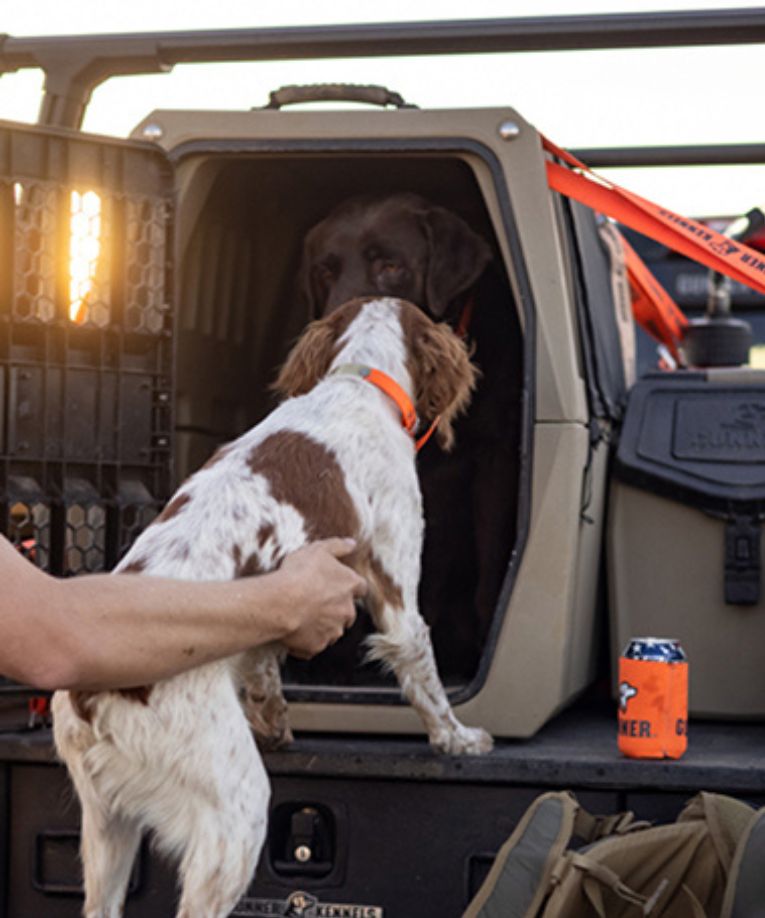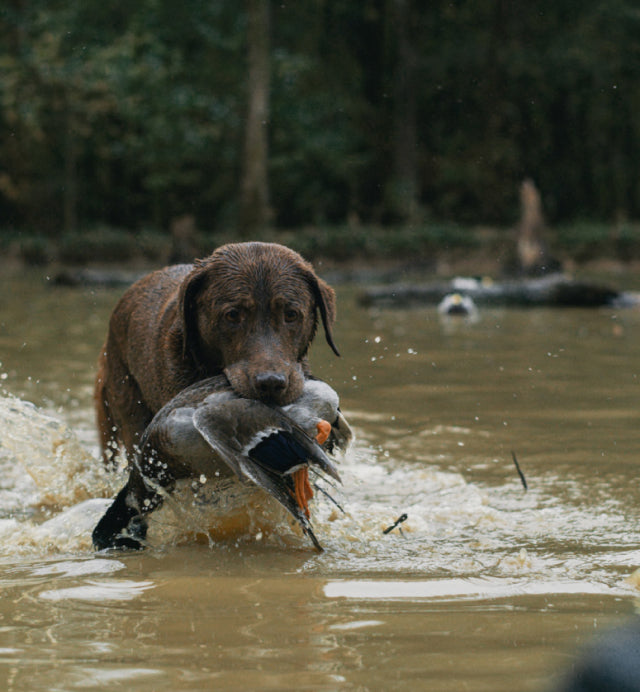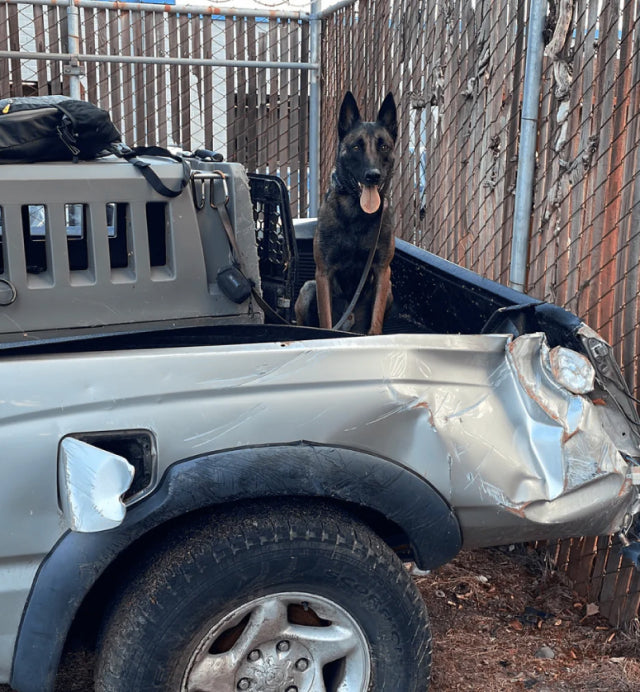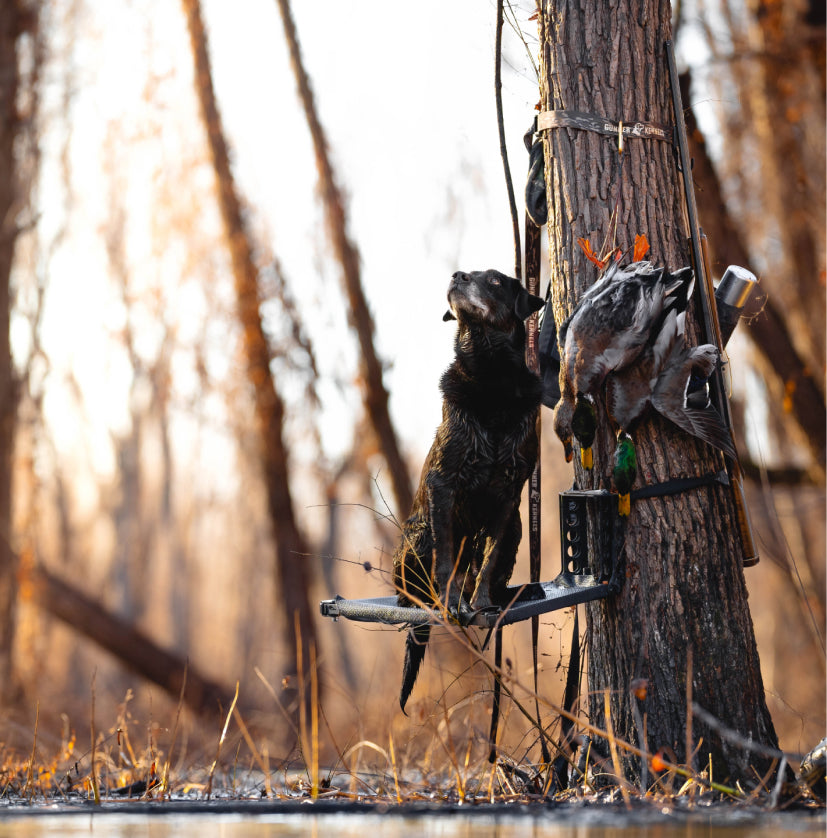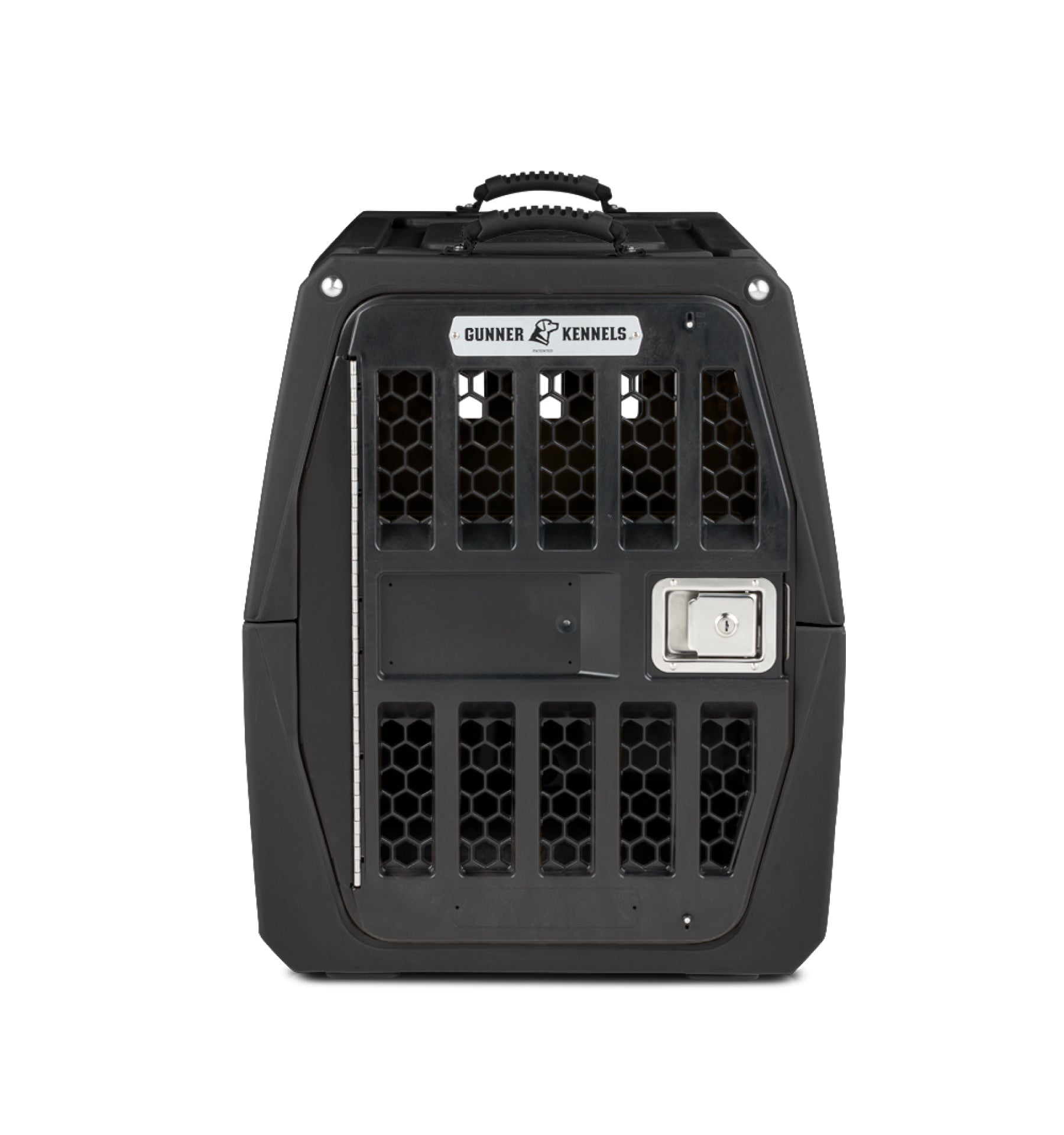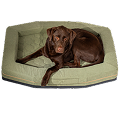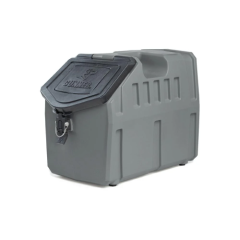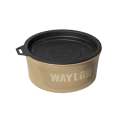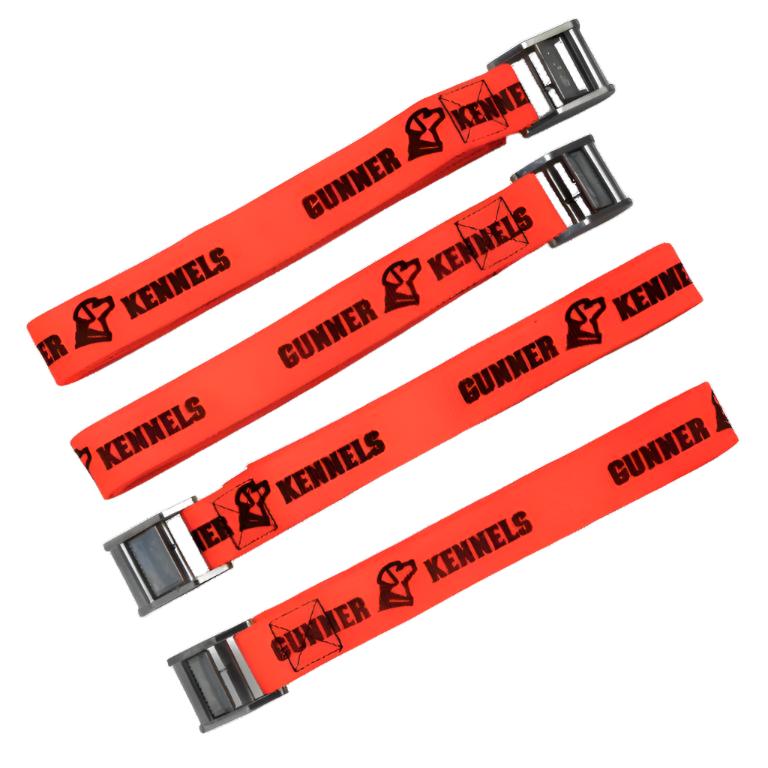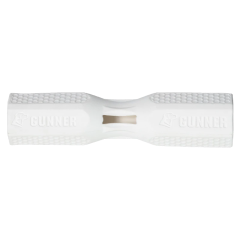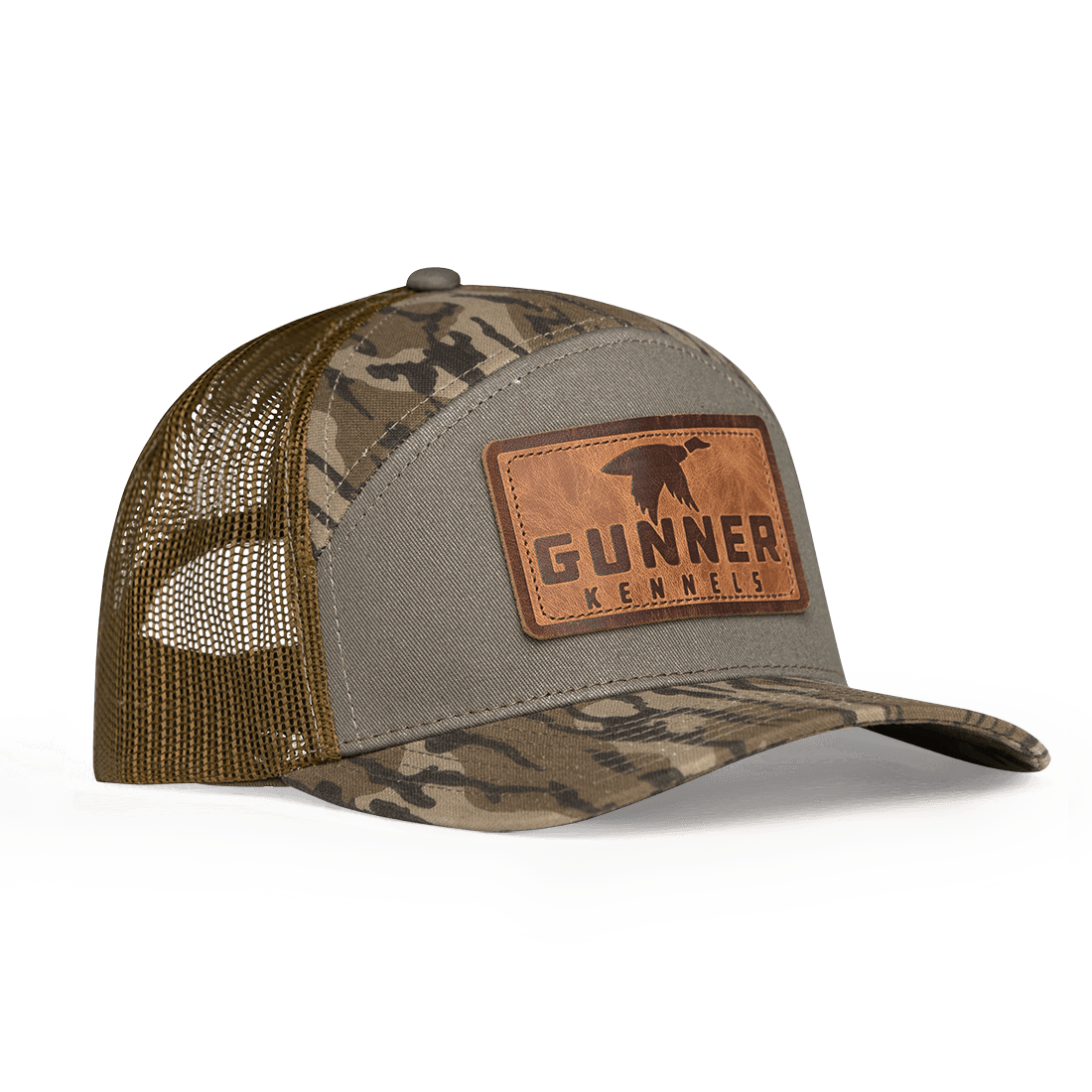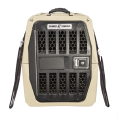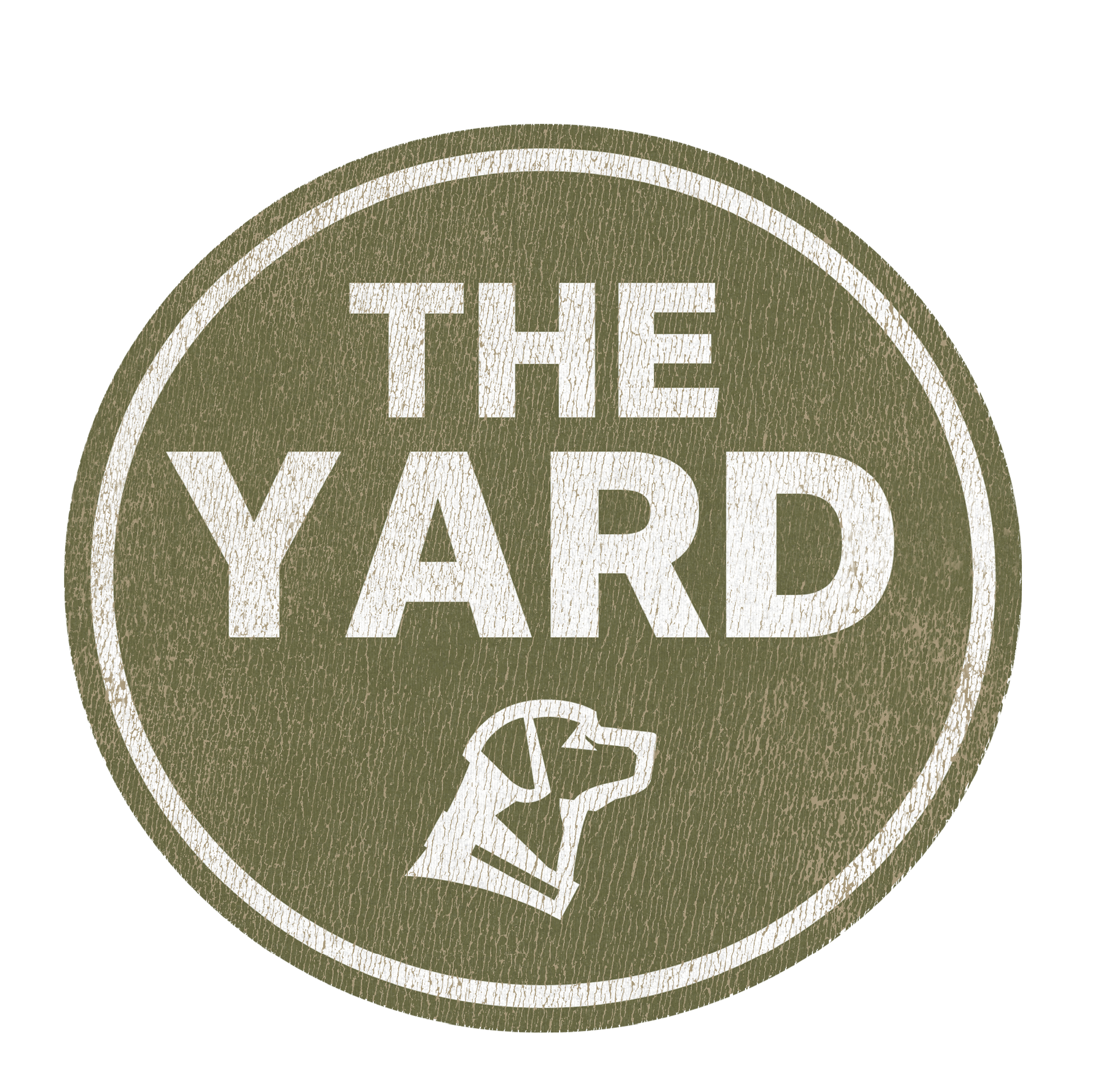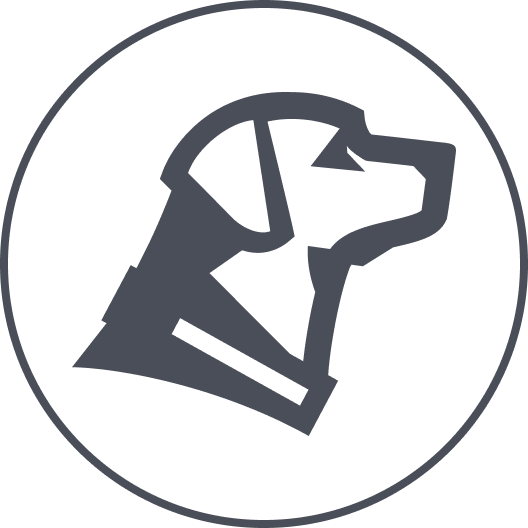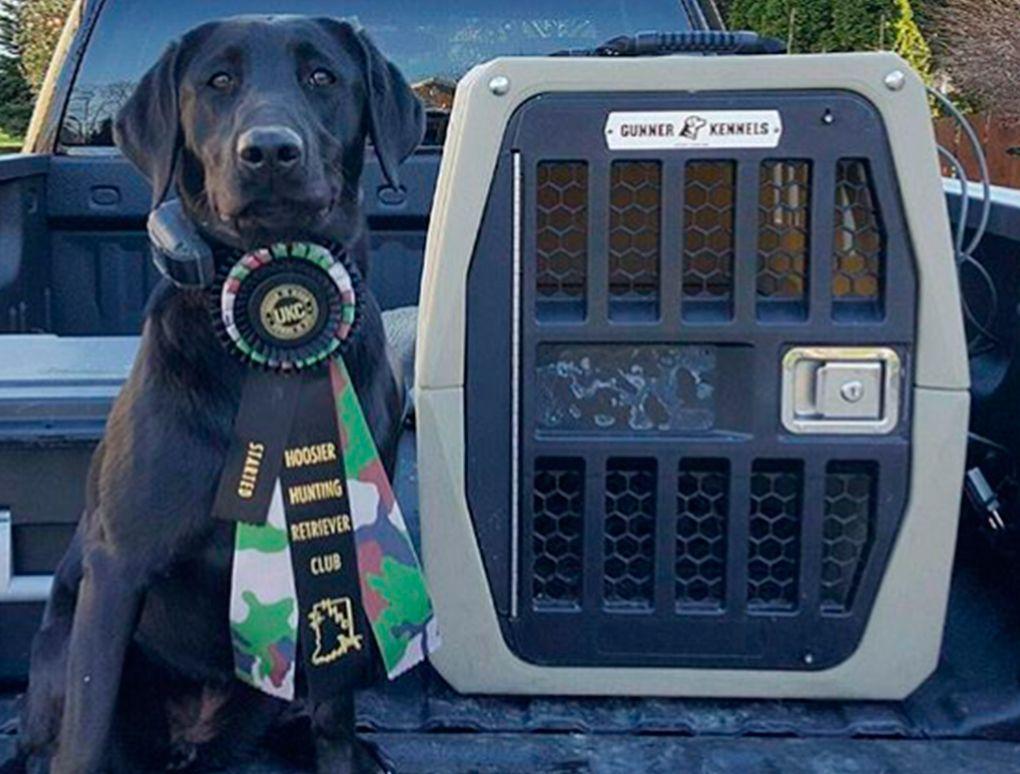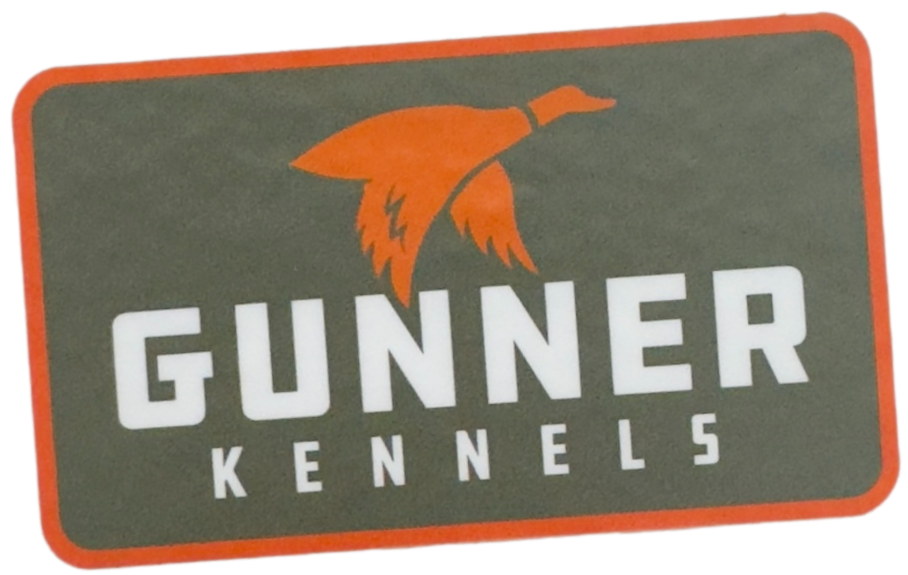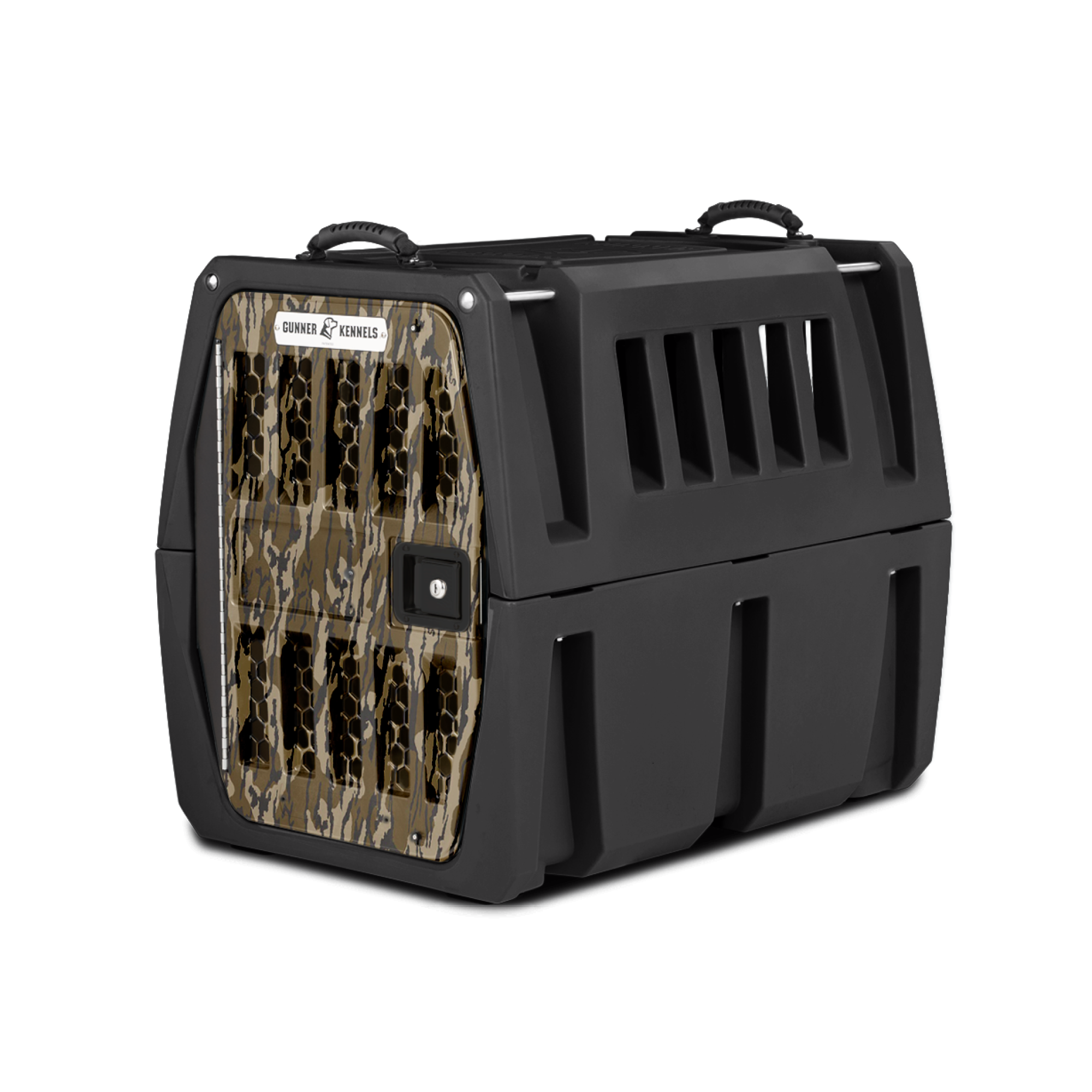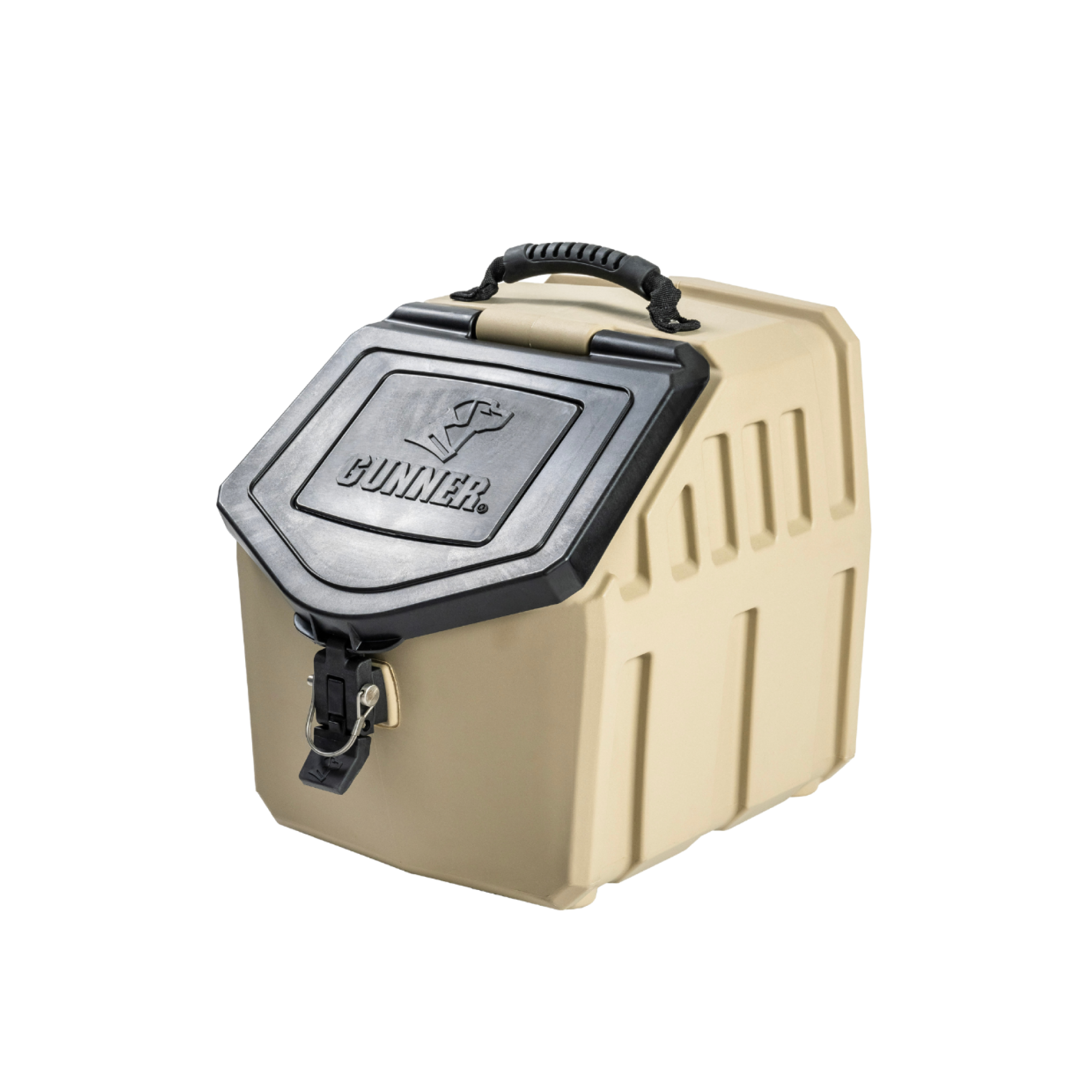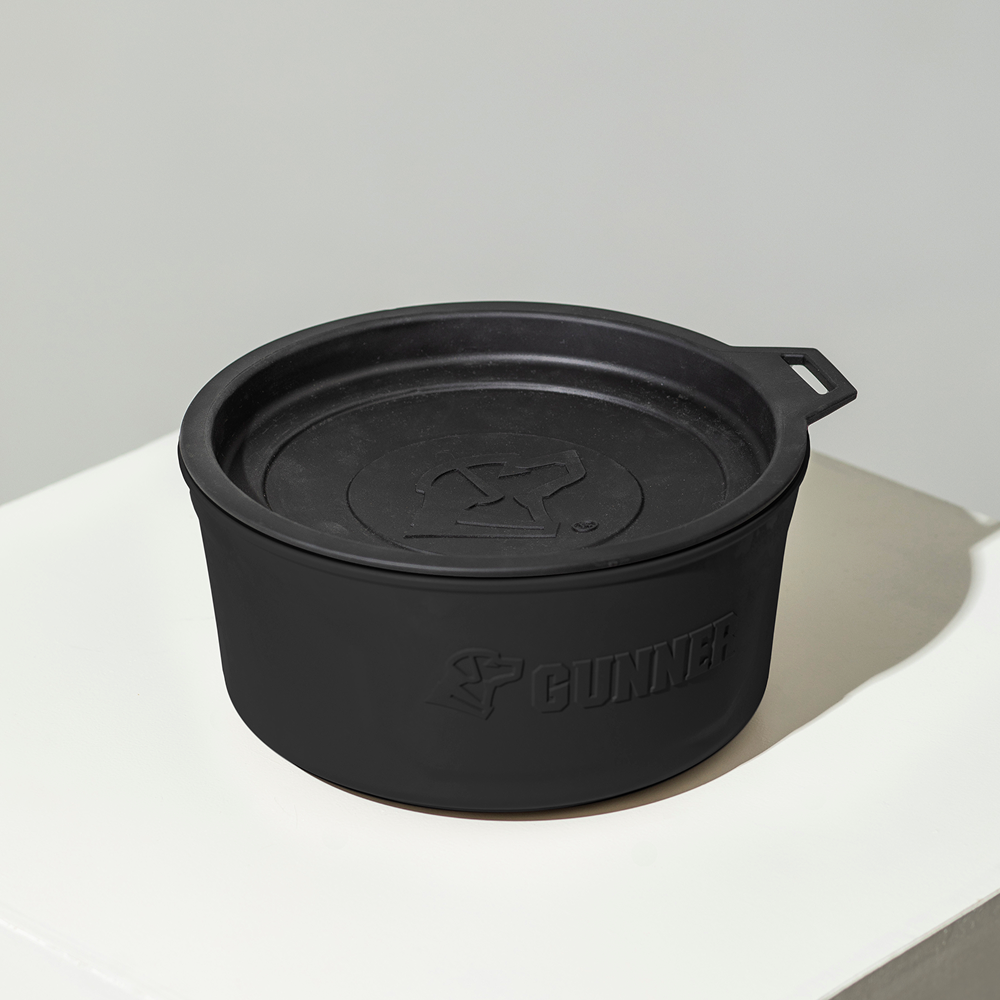Hunt tests are a great way to have fun, meet other dog owners and keep your training on track during the offseason.

In the spring, duck dogs and their owners are in the early stages of a long off-season. One of the best ways to keep your hunting dog in shape, advance his skills and help pass the time until hunting season rolls back around, is to participate in hunt tests. Here are some of the benefits you and your dog will enjoy.
Non-Competitive Fun
Some dogs and owners thrive on the competitive nature of a field trial event where a dog is judged against other dogs and one winner is selected.
Others like the hunt test format better. Here, each dog is judged individually, not in comparison to other dogs, and is awarded a score based on its performance. This format may encourage the friendly exchange of training tips and camaraderie at events. Usually, other club members support and silently cheeer for the dog as he performs a challenge.
Hunt tests can be less intimidating to some owners simply because you are not competing against others.
Socialization
Dogs, like people, look to their cohorts for guidance. They convey and receive information through an innate way of communicating that is done more by body language than direct conversation. Dog parks usually come to mind as a socialization setting for dogs. However, have you ever noticed your dog picking up a particular habit, whether good or bad, after a day at the dog park when they didn’t seem to pay special attention to any other dog?
While it’s important your pup not remain cut off from the rest of the K9 world, there are going to be the dogs of poor obedience and character that you just don’t want yours hanging around. When you plug into a community, like the Hunting Retriever Club/United Kennel Club, your dog can socialize with dogs of their nature.
There is a socialization perk for the owner too. Put a bunch of people who love dogs, hunting and training together, and naturally, friendships will be formed. You may share gear or training grounds. Perhaps you meet a few more hunting buddies to share a blind with or a group of friends you can call to discuss dog-training issues. The latter happens to be the next perk of joining a HRC/UKC organization.
Guidance
In your desire to have a solid dog that never breaks, performs blind retrieves and doesn’t have to think twice about simple commands, you will likely face training hurdles that need to be cleared. Perhaps another club member had the same problem and can give you training tips that he or she implemented to get the dog to pass the test. Many retriever clubs also offer seminars on training. Like any other association or organization dedicated to a particular interest or activity, a club gives you the opportunity to receive assistance and support in your goals.
Realism
Although held mostly in the spring and summer months, hunt test events simulate real hunting scenarios. In applicable tests, decoys, calls, boats, blinds, etc. are added to the scenarios. Sometimes, the hunter fires blanks from a shotgun. This realism keeps your dog from redundantly retrieving dummies all summer long, and keeps his senses sharp for the upcoming season.
Motivation
Sometimes we get to a point teaching a regimen where we might look at our hunting retriever and say, “that’s good enough.” The problem is, it might not be once you get in the field. Knowing that you will be judged to a set of standards spurs you to perfect the skill.
The format of hunt tests also paces and focuses your training program. Instead of trying to master a 75-yard blind retrieve during your pup’s first offseason, you focus on conquering the performance expected of a beginning retriever, like a 60-yard water mark. Moving through the levels, from Started Hunting Retrieve to Master Hunter, ensures you and your dog crawl before you walk in regards to your retrieving and training efforts.

